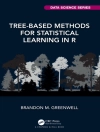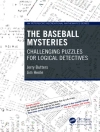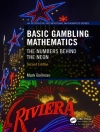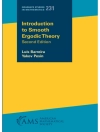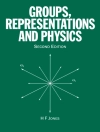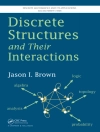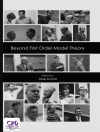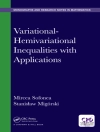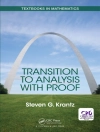Mathematics, like language, is a universal experience. Every society counts and is empowered by its ability to count and to measure. The mathematical processes developed within various cultures differ widely, and Count Us In explores these cultural links, drawing examples from the author’s personal experiences. The process of counting, like the process of communicating with words, is common to all societies worldwide but, just as there is a rich variety of languages, so too is there a rich variety in methods of counting and of recording numbers – methods that have developed over centuries to meet the needs of various groups of people. The narrative of this book takes the form of a collection of short stories based on the author’s personal experience, linked together by a number of sub-themes.
As a popular book on mathematics and on the personalities who created that mathematics, there are no prerequisites beyond the reader’s rudimentary and possibly hazy recollection of primary-school mathematics and a curiosity to know more.
表中的内容
Figures and plates
Acknowledgements
Foreword
1 More cabbage, anyone?
2 Meeting of minds
3 Nothing will come of nothing
4 Setting the Recorde straight
5 Neither a borrower nor a lender be
6 Amazing Mayans
7 What do you reckon?
8 Prairie power
9 Putting down digital roots
10 Areas of (mis)understanding
11 Cracking the code
12 Does mathematics have a gender?
13 How to make maths real for all of us
Appendix
Answers to Puzzles
Notes on Chapters
Further Reading
关于作者
This is a popular book about culture, identity and mathematics. It will appeal to a wide readership, including, and in particular, those who are hesitant about the place of mathematics within a traditional perspective of what constitutes culture.


